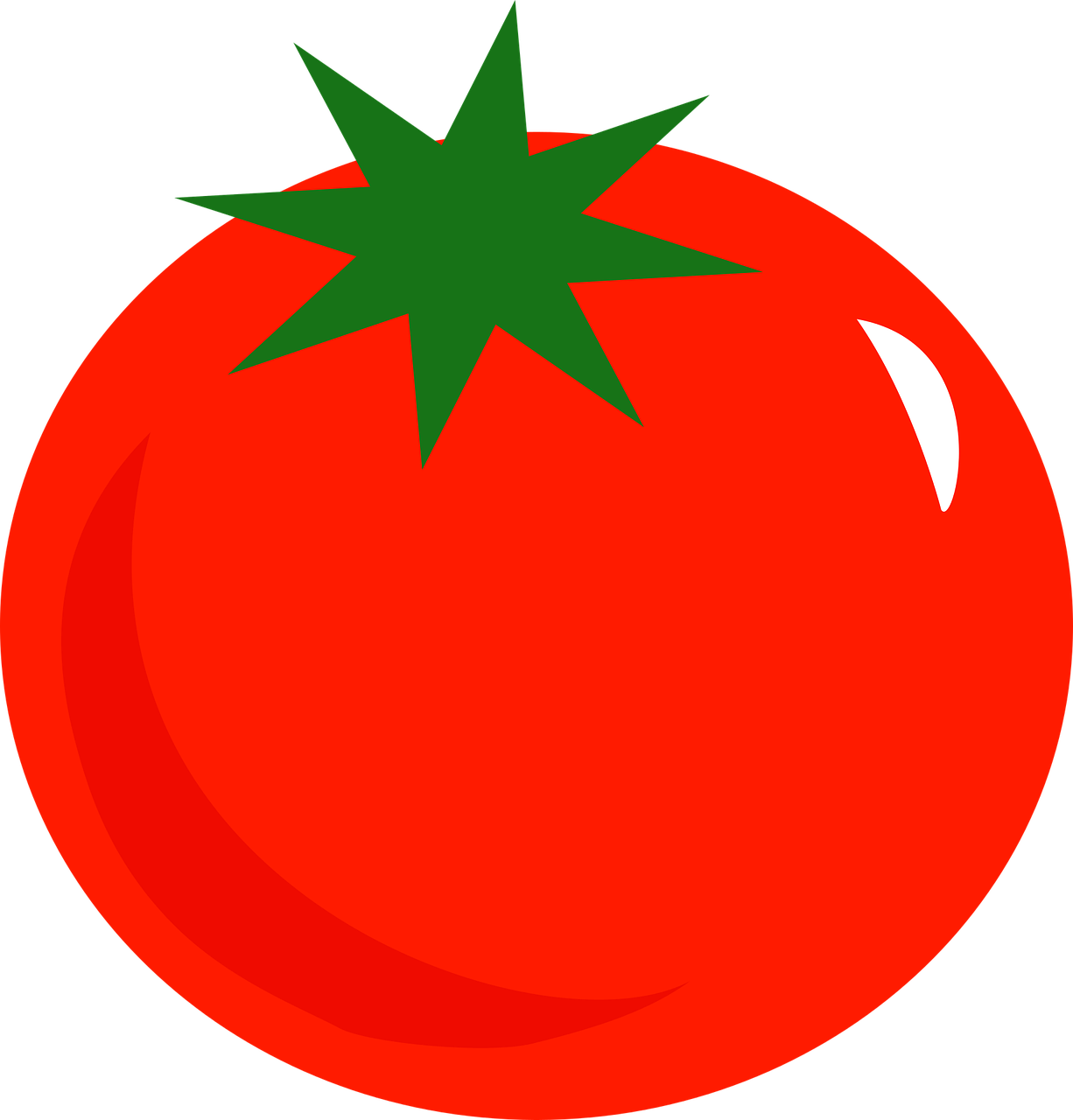ナワトル語に由来する英単語 − from Merriam-Webster
昨日の記事に chocolate という単語がアステカ民族の古典ナワトル語に由来するという話を書きました。
その際に参照したのが Merriam-Webster のこちらの記事。
Nahuatl is the language that was spoken by the majority of the inhabitants of central Mexico at the time of the Spanish conquest. It is still spoken today by more than a million Nahua people. It was the language of the powerful Aztecs, whose culture dominated the region for centuries. Because Nahuatl was written using Spanish orthography beginning in the 1500s, it is easy to trace the words that have been absorbed into English in the ensuing centuries, words that describe the plants, animals, and food of the New World.
ナワトル語はスペインによる征服の時代に中央メキシコの大多数の住民が話していた言語です。 ナワトル語は今日でも100万人以上のナワ族の人々が話しています。 ナワトル語は権勢を誇ったアステカ人の言葉であり、その文化はこの地域を何世紀も支配しました。ナワトル語は1500年代の初めからスペイン語の正書法で書かれていたので、その後の世紀に英語に吸収された言葉 − 新世界の植物・動物・食物を言い表す言葉 − を突き止めることは難しくありません。8 Words from Nahuatl, the Language of the Aztecs | Merriam-Webster
この記事にはナワトル語起源の英単語として次の8つが挙げられています。
- chocolate
- coyote
- avocado
- tomato
- chili
- ocelot
- axolotl
- chipotle
チョコレートだけではなく、アボカドやトマトもナワトル語に由来する言葉なんですね。
ということはつまり、現代日本語の中にもナワトル語に由来する言葉がいくつか存在するということ。
地理的にも時間的にも遠く離れたアステカ民族の言葉が、現代日本の暮らしの中に入り込んでいるというのは改めて考えてみるとすごく不思議なことだと思います。
